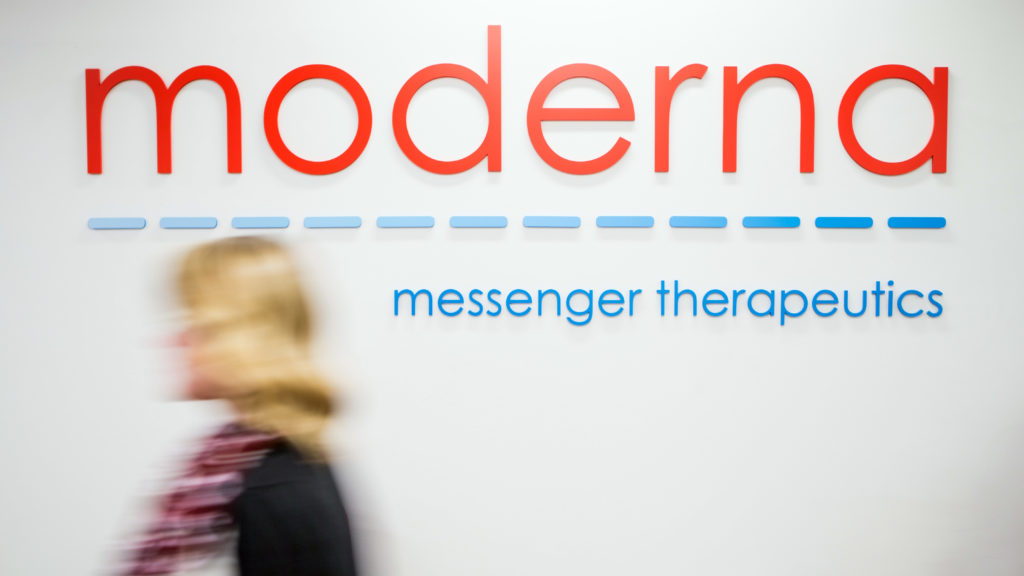Nobody was coerced to take a brand new drug with zero long term data.
Yes they were. The coercion was intense. Take the vaccine or lose your job. Take the vaccine or be ostracized from society. Take the vaccine or never leave your home again. Take the vaccine or be denied healthcare. The list of coercive tactics goes on and on.
And there was no long-term data. How could there be? This was a brand new vaccine with a brand new mechanism. Never before had humans been given mRNA, and with good reason. As recently as 2017, Moderna was running into safety problems with its mRNA technology:
Founded in 2012, Moderna reached unicorn status — a $1 billion valuation — in just two years, faster than Uber, Dropbox, and Lyft, according to CB Insights. The company’s premise: Using custom-built strands of messenger RNA, known as mRNA, it aims to turn the body’s cells into ad hoc drug factories, compelling them to produce the proteins needed to treat a wide variety of diseases.
But mRNA is a tricky technology. Several major pharmaceutical companies have tried and abandoned the idea, struggling to get mRNA into cells without triggering nasty side effects.
Bancel has repeatedly promised that Moderna’s new therapies will change the world, but the company has refused to publish any data on its mRNA vehicles, sparking skepticism from some scientists and a chiding from the editors of Nature.
Moderna Therapeutics, the most highly valued private company in biotech, has run into troubling safety problems with its most ambitious therapy, STAT found.

www.statnews.com
As you can see, mRNA technology was "triggering nasty side effects" in 2017. I guess we were just supposed to trust (with no data) that they got those "nasty side effects" figured out just in time for a global rollout of the COVID vaccines.
And did you know that there are serious questions about the integrity of the data in the Pfizer trial that have yet to be answered? Whistleblowers at the BMJ had this to say:
But, for researchers who were testing Pfizer’s vaccine at several sites in Texas during that autumn, speed may have come at the cost of data integrity and patient safety. A regional director who was employed at the research organisation Ventavia Research Group has told The BMJ that the company falsified data, unblinded patients, employed inadequately trained vaccinators, and was slow to follow up on adverse events reported in Pfizer’s pivotal phase III trial.
Those are some serious allegations. You'd think someone would want to follow up and see what happened with the falsified data and unblinded patients. And how exactly did they compromise patient safety? Yet there is a very odd incurious attitude to these very serious allegations.
Couple that with the fact that it is literally impossible to have "long-term data" for a vaccine that has been on the market for such a short time as the ONLY way you can acquire long-term data is by monitoring it over a LONG time, and it is
abundantly clear that people were coerced into taking a vaccine that had no long-term data, a sketchy history and trial results based on questionable data.
Hard to distance when Donald Trump is cutting off unemployment and trying to force everyone back to work.
You know there were plenty of people that had to work the entire pandemic, right? Lockdowns and work closures were just a way to shift the burden of the pandemic off of the laptop class to the "essential worker", a term coined to make people feel special, but really intended to allow some people to stay "safer at home" while making their Uber Eats delivery driver face the pandemic every day so they didn't have to.







